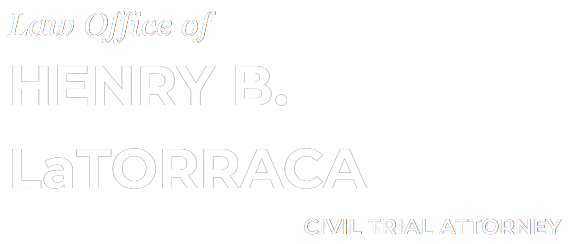By the authority given under California state law, municipalities have the right to place zoning restrictions on the use of land. Cities use zoning as a tool to control development and plan for future growth. If a zoning decision has affected a person’s ownership or use of commercial real estate, however, there are several options to challenge it.
An individual can challenge a zoning change on the grounds that the decision didn’t conform to the law. For example, the zoning authority may have neglected to send a notice to all affected landowners or hold a public hearing on the change. The decision may have been made in an arbitrary manner, or the land-use restrictions may be unreasonable. In many cases, a commercial real estate attorney can analyze the evidence and prepare an argument to support a property owner’s appeal.
Another alternative is to request an amendment to the zoning law. In support, the petitioner must show a hardship in that the new zoning has extensively changed the use or character of the property. With a request for variance, the owner requests an exception to the zoning code for the particular property. The authority may grant a variance on the grounds that the particular use of the land, or the physical area itself, has been substantially, unreasonably changed.
Landowners may also apply for a special or conditional use exception if they can show that the use doesn’t substantially conflict with the zoning, be it commercial, industrial or residential. Changes in zoning will require paperwork and attention to filing deadlines. A real estate attorney with knowledge of the rules and procedures may be able to help with special use applications and other zoning matters.
Source: Findlaw, “Alternatives to Challenges: Amendments, Variances, and Permits “, December 24, 2014





